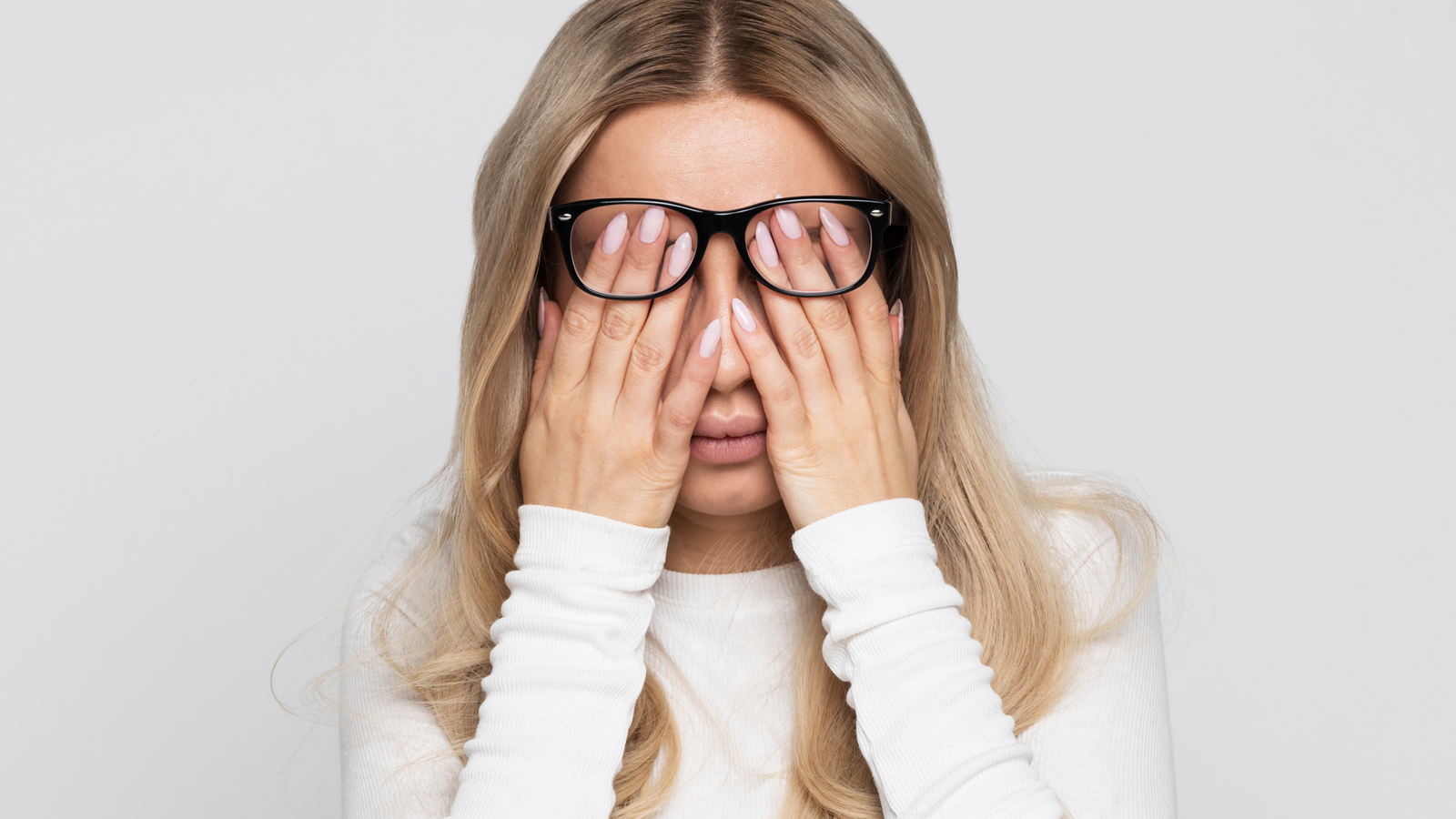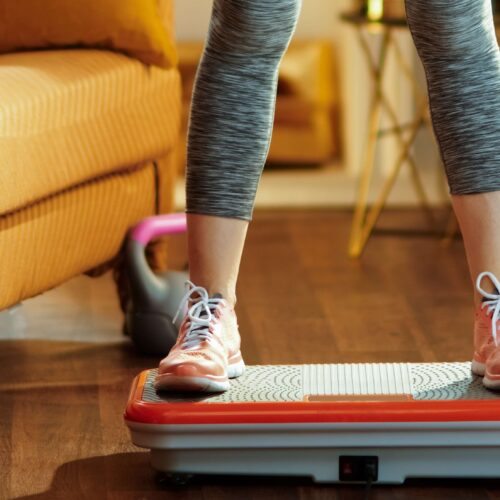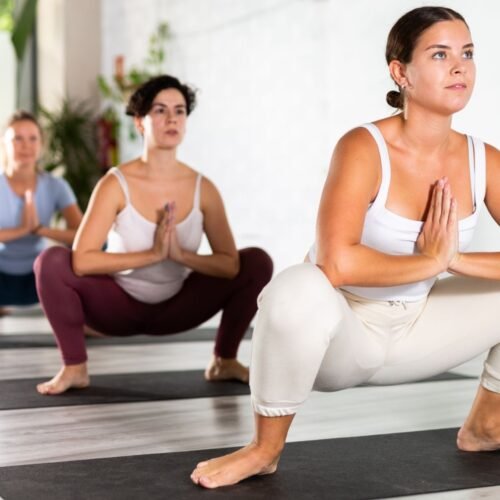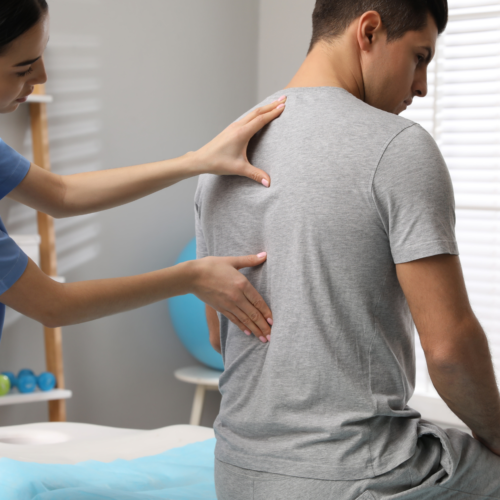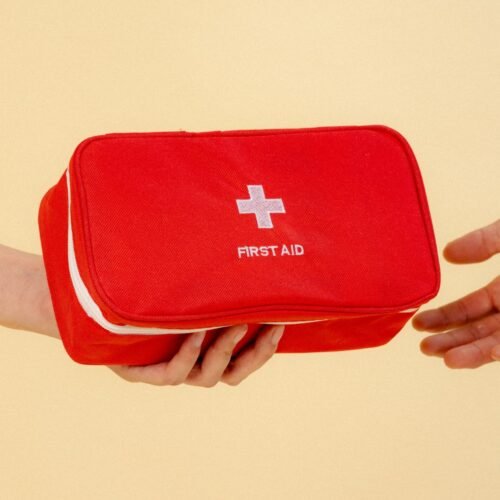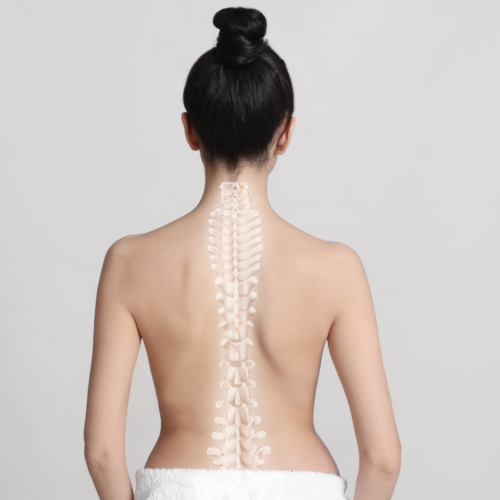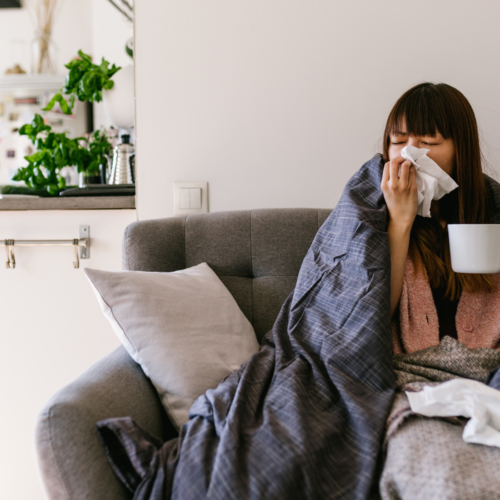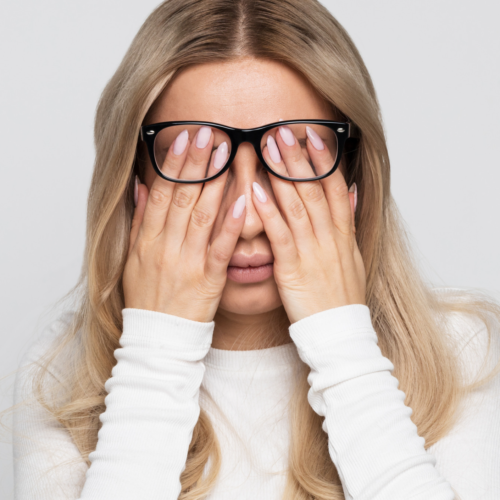Sleep is one of the most important things we can do for ourselves, and is simultaneously one of the most neglected aspects of our lives.
Consider this, sleep is so important that we spend roughly 1/3 of our lives doing it (or rather, we’re supposed to).
The list of things that are impacted by sleep is endless, so here are a few highlights:
- good sleep increases the ability to form new memories
- good sleep increases the ability to consolidate memories
- good sleep increases mood
- bad sleep increases anxiety, depression, suicidal ideation and completion
- bad sleep drives bad behaviors (ask any parents of young children)
There is no brain function that isn’t greatly improved and enhanced by sleep. It affects our hear health pretty much on all fronts.
Poor sleep increases cortisol (stress hormone), increases your heart rate, increases your blood pressure. It increases the risk for Alzheimer’s disease.
Food intake tends to increase with poor sleep, and to make it worse, your body’s ability to use that food is affected. Even your food choices are affected by sleep!
If you try to lose weight while sleep deprived, the majority of the weight loss comes from your lean muscle, not from fat.
The World Health Organization has recognized sleep as being so important, that any type of nighttime shift work is listed as a probable carcinogen.
There is so much more about how bad sleep and good sleep affect us. So let’s focus on how we can get good sleep.
For starters, the amount needed varies by age.
- Adults need 8 hours
- Teenagers need 9-10 hours, in some cases a little more even – it’s not laziness, their brain and bodies have a lot of developing to do. The brain isn’t done developing until about 25 years old
Here are easy steps to improve your sleep:
- We are a dark – deprived society. We need darkness so the body knows to produce melatonin. Disruptors to darkness includes those little lights on electronics in the bedroom. Or if your curtains don’t block out enough light from street lamps, etc.
- Screen time – iPads (and devices like them) used even 1 hour before bedtime significantly reduces the amount of REM sleep time. - side note, it’s not just the total time of sleep but also the quality of sleep you get that matters - blue light is the most harmful to melatonin release (the type of light we get from screens)
- FOMO – fear of missing out, is a serious reason for why kids and teenagers especially don’t get good sleep, because of the need to always be connected, along with checking their phone during the night and/or first thing upon waking up which increases anxiety – keeping electronics out of the bedroom is healthier both to stop checking your phone at night and to allow your brain to associate your bedroom with sleep.
- If you have a hard time sleeping it is better to not nap. This is because during the day you build up adenosine, and after about 16 hours of being awake you should have built up enough for you to be able to fall asleep and stay asleep. - caffeine manipulates adenosine.
- High nighttime glucose can cause poor sleep – as in, you need to get your blood sugar and insulin balanced.
- Many of us are also too sympathetically stimulated – that’s fight/flight/freeze. This is why meditation and other relaxation techniques are advised.
- Of course, there are supplements that can help. Certain deficiencies such as magnesium can be involved.
Very important to note is that sleep medications such as Ambien do not cause actual healing sleep. It is more akin to being hit with a chemical baseball bat in the head.

